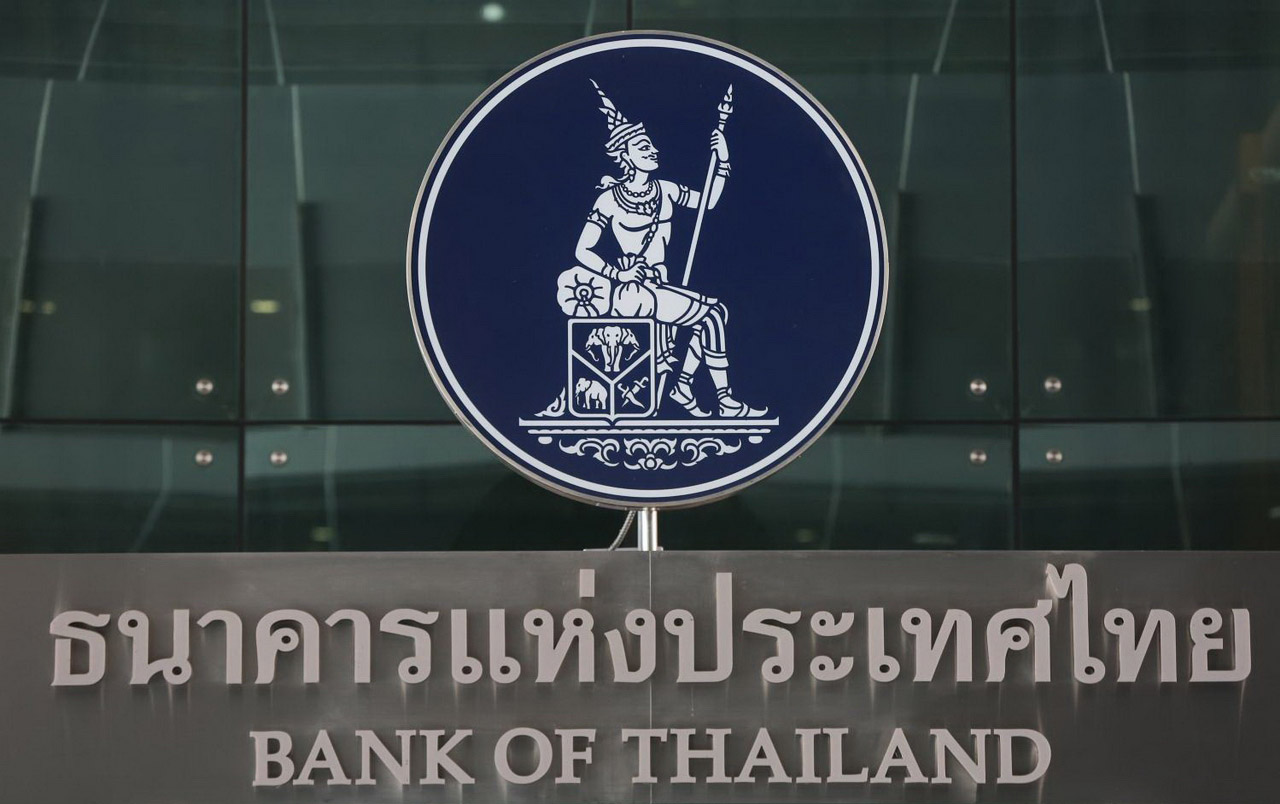On November 2, 2018, the following five Notifications became effective as supplements to the Trade Competition Act 2017 (“Act”):
| Notifications issued under the Act | Issue date | Effective date |
| 1. Criteria for Consideration of Business Operators having relationship in Policy or Directive Power, BE 2561 | Oct 4, 2018 | Nov 2, 2018 |
| 2. Guidelines for Consideration of Determination of Market Definition and Market Share, BE 2561 | Oct 4, 2018 | 2 Nov.‘18 |
| 3. Guidelines for Consideration of the Prohibited Conduct of Business Operators with Dominant Market Power, BE 2561 | Oct 4, 2018 | Nov 2, 2018 |
| 4. Guidelines for Consideration of Joint Conduct of Business Operators that Monopolise, Reduce or Restrain Competition in Markets BE 2561 | Oct 4, 2018 | Nov 2, 2018 |
| 5. Guidelines for Consideration of the Conduct Causing Damages to Other Business Operators, BE 2561 | Oct 4, 2018 | Nov 2, 2018 |
In essence, the enactment of these five Notifications represents a significant leap of progress toward ensuring the effectiveness of the Act, as prior to November 2, there were no Guidelines. This rendered the Act somewhat incomplete and largely unenforceable.
The only major area of Guidelines that is still technically unenacted is that regarding merger control, and these Guidelines are expected to be announced in the near term. The following are important clarifications brought about by the above five Notifications.
| Key Contacts
Ratana Poonsombudlert Jutharat Anuktanakul Pranat Laohapairoj Chandler MHM Limited |
First, the Guidelines for how the Trade Competition Commission (“Commission”) will determine a particular market are available, along with details on different perspectives with which to view and calculate a market.
Second, the specific characteristics required to qualify two different entities as being related via corporate command or policy are now available. In brief, there are mainly three ways with which to link two entities, ie to determine whether they are both under the same command, with the term “command” being prescribed as: 1) control of more than 50 percent of all voting rights, 2) control of more than 50 percent of the votes in a shareholders’ meeting, or 3) the ability to appoint at least 50 percent of all directors. Once linked, the two entities will receive certain exemptions under the Act.
Third, the specific cartel-like undertakings which are, by default, prohibited under Sections 54 and 55 of the Act are now available for review, with details for all Sub-Sections ranging from price and price-range fixing to geographical non-competition, and from bid collusion to reduction of product quality. Further, additional details regarding exemptions to cartel restriction have also been provided. Most importantly, the Commission has provided a generous, blanket cut-off threshold for cartel review. ie it does not include business operators who altogether have less than 10 percent of market share for a particular product.
Fourth, the specific and severe abuses, attributed to, and now prohibited from use by large players — aka “dominant players”, have been listed, with details covering price abuses and prescription of unfair conditions, to reduction of supply. Although clear for the most part, still of note is that the last Sub-Section — that regarding interference — may still provide a somewhat vague, technical catch-all for the Authority to work with. Thus, extreme care should be exercised when deciding action to be taken in this regard. Also note well that many actions typically taken by entities in the past, have now become unlawful and actionable under this Notification. Examples include, undertaking predatory pricing practices and mandating resale price, general exclusivity, and minimum purchase amount.
Fifth, the specific abuses prohibited from use by ordinary players have also been listed, with details covering; the issue of market-power abuse, general obstruction, and the mandating of other conditions, some of which are similar to those prohibited from use by dominant players. It should also be noted that the Commission may use this Section (Section 57) as the catch-all mechanism for those slipping through the Section for dominant players (Section 50). Therefore, extreme care should also be exercised in this case when determining which actions fall under which Section.
Conclusively, the Act is now largely complete, and actionable. Anti-competitive behaviour has become negatively perceived, and legally prosecutable. Therefore, all companies should use additional care when reviewing current and future commercial practices, in order to avoid falling under investigation, possibly being sanctioned with heavy penalties, and likely losing corporate value due to public scrutiny.
This publication is intended to highlight an overview of key issues for ease of understanding, and not for the provision of legal advice. If you have any questions about this publication, please contact your regular contact persons at Mori Hamada & Matsumoto or Chandler MHM Limited, or any of the Key Contacts listed to the right.




























































 Chandler MHM Limited
Chandler MHM Limited Jessada Sawatdipong
Jessada Sawatdipong






